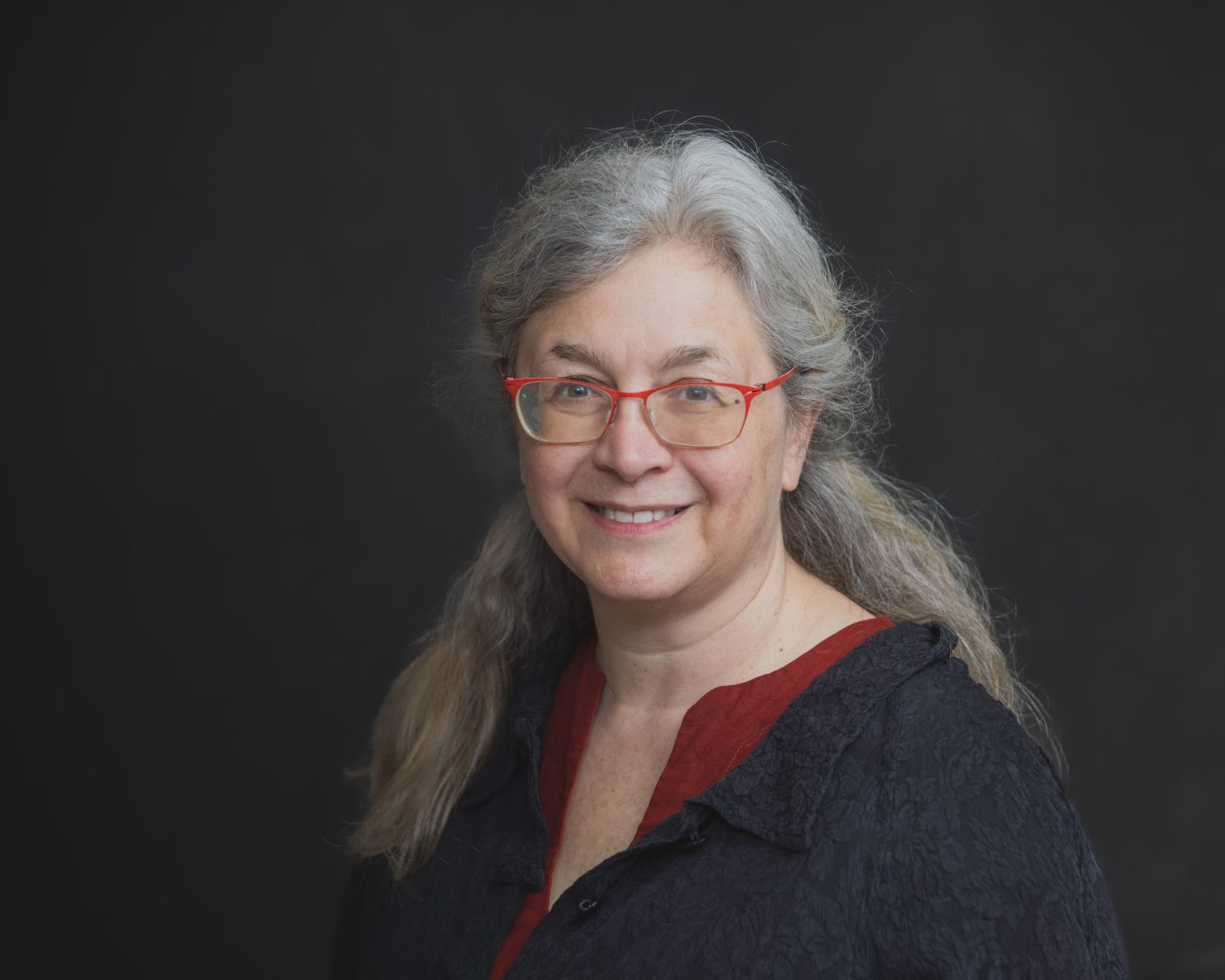Rachelle Palnick Tsachor investigates body movement as an intersection of arts and sciences: She uses artistic processes to bring a human, experiential understanding to science and science to enrich and clarify artists’ technique, expression, interactions—important aspects to making theatre. She uses Laban Movement Studies and Alexander Technique as her primary tools to analyzes patterns in moving bodies in diverse projects to discover:
1. How does movement support artistic practices and creativity?
2. What are the effects of movement on people (on our brains, emotions, health, and learning) and how do these effects reveal the significance of body movement in theatre and other disciplines?
3. How can movement arts improve our future interactions with technology?
Her artistic work elicits movement specific to time, place, culture, character and style. At UIC, she choreographed and designed movement for Passing Strange, A Matter of Life and Death, and The Piano Lesson, and coached movement styles for Life is a Dream, Glenngary Glenross, The Story, and Ivanov. Her publications on period notations and styles include chapters in Courtly Dance of the Renaissance, Moving Notation and Terpsichore 1450–1900. Her reconstruction of Nido d’Amore was commissioned as the basis for the instructional video How to Dance through Time Volume III: The Majesty of Renaissance Dance. As associate editor, Tsachor most recently published a scholarly facsimile edition of a French manuscript on English country dance, Dances for the Sun King: André Lorin’s Livre de Contredance, [c. 1685–1687]. Her chapter “Acting with Bartenieff Fundamentals … training for presence and physical characterization” was selected for the 2nd edition of Movement for Actors. Rachelle Palnick Tsachor uses the art of movement to inform scientific research. She is co-author of “Emotion Regulation Through Movement” (Frontiers in Psychology) and “A Somatic Movement Approach to Fostering Emotional Resiliency” (Frontiers in Neuroscience), along with numerous studies in movement therapy. This research has over a quarter million views on the TedX talk “How your body affects your happiness.” She is co-investigator of papers on affective computing and intelligent interaction applying movement to such fields as robotics and machine learning.
A movement teacher for over 30 years, she has served as faculty at the University of Iowa’s Division of the Performing Arts and Global Health Studies, Grinnell College, and guest faculty for The Technion, University of Haifa and David Yellin colleges in Israel, European University of Cyprus, Lesley University in Massachusetts, and Moving Forth in Scotland. She continues to teach and develop programs as senior faculty for the Laban/Bartenieff Institute of Movement Studies (NYC) and Israel’s Wingate College.
Recent News
Interview with Everyday Health
https://www.everydayhealth.com/fitness/what-is-somatic-stretching/
Somatic Radio Podcast interview with Rachelle Tsachor
https://www.somatic-training.com/somatic-radio/rachelle-tsachor-talks-with-dieter-rehberg
Rachelle Tscachor cited in the New York Times
http://https://www.nytimes.com/2022/05/24/well/move/joy-workout-exercises-happiness.html
Listen to Rachelle Tsachor on the Labanarium Podcast. The Labanarium is an online international resource and network centre for the movement community. The focus of the website and network is to explore human movement in all forms, in the tradition of Rudolf Laban. Listen to the podcast below:
https://youtu.be/nGP_-5oR6lQ




